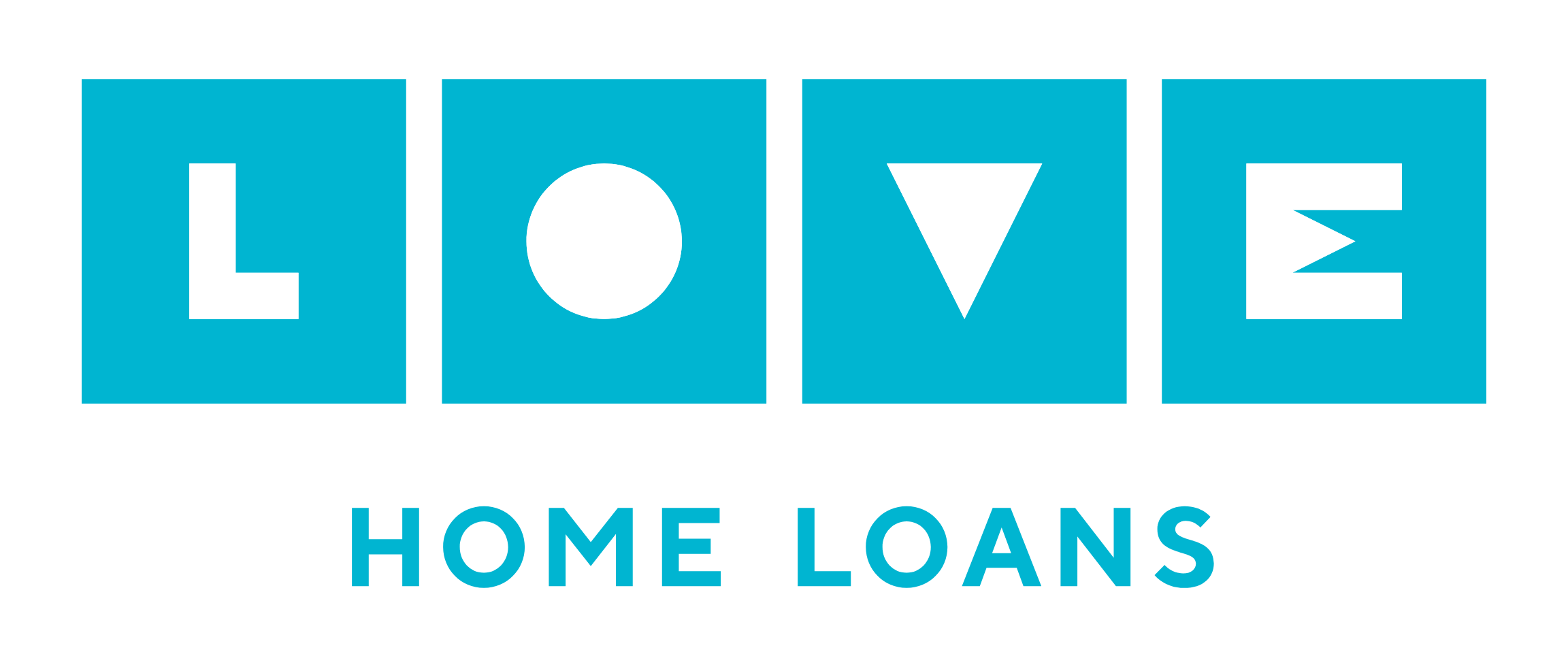When you’re in the market to buy a new property, you need to make sure it’s going to meet your needs now and into the future. So there are a few things you should consider now to make sure you buy right.
Home
If you’re buying a home, what are your plans and what stage of life are you at? Will this be your single pad or your first home with your partner? Will it be your family home or your downsizing empty nester home?
Is this a stepping stone to your next home or your “forever” home? How many bedrooms and bathrooms do you need? Are you close to public transport, schools, shops, bars, nightlife? How accessible is the property? Will you still be wanting to climb those stairs in 10 years if it’s a long term home? Will you still be wanting to look after a garden?
Once you’ve got the essentials out of the way, dive a little deeper and think about your lifestyle and what’s important to you. I have a client who recently sold his terrace in Pyrmont to move to the Sutherland Shire. He couldn’t find a house to buy in the timeframe he had, so he ended up renting a beachside apartment right in the thick of things in Cronulla. He’s loving it so much that he’s changed his plans from buying a 3-4 bedroom house with a yard and outdoor kitchen to now looking for an apartment with a gym, pool and an easy walk to the beach. He’s decided that he’s more invested in the lifestyle offered in a centralised apartment than the space in a suburban house.
Stamp duty is too expensive to get it wrong – so really put some thought into what you want to be living in now and next year – and the year after…
Investment
If this is an investment property, what do you want to achieve through investing? Will this be the first of a portfolio that you’re planning on building or will it simply be some security for your future? Are you buying it to reduce your tax burden or as a legacy for your kids or to provide passive income once you’ve retired?
There are lots of options, and it’s good to talk to a financial planner to explore those options and how they can work for you.
Once you know the strategy and the timeframe that you’re planning on holding the property for, you need to know your budget – which you can discuss with your mortgage broker.
Then your choices come down to inner city, suburban or regional – which will help determine whether you buy an apartment, townhouse or house.
The biggest consideration here is to make sure the property you buy will be appealing to the type of people that are likely to be looking for rental in the area.
If you’re in the inner city, you’re likely to be renting to a young professional who is looking for good connection to the CBD via public transport and bike lanes. They’ll want to be in a neighbourhood with good bars, cafes and shops, parks and fitness options. They’ll probably be drawn to apartment buildings that have rooftop gardens and communal dining areas and other community-building options in their common areas.
A little further out from the CBD might be more appealing to couples – again, they’ll want connection to the CDB, a little more space, car parking, easy access to shops, restaurants and park.
Suburban or regional is usually the territory of the family looking for space and lifestyle. They’ll want a house with a yard, two car parking, 3-4 bedrooms, close to schools, parks and shops.
The point is, don’t buy an investment property that necessarily appeals to you. Buy an investment property that is suited to your target tenant.
They’re the ones who will be paying your mortgage. They’re the ones who you want to choose your property over the others available at the same time.
Give them what they want.
Whether you’re looking for a home or investment property, put some thought into what property will best serve your purpose.


